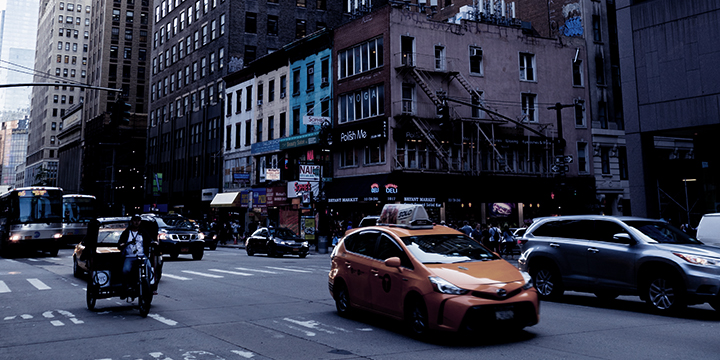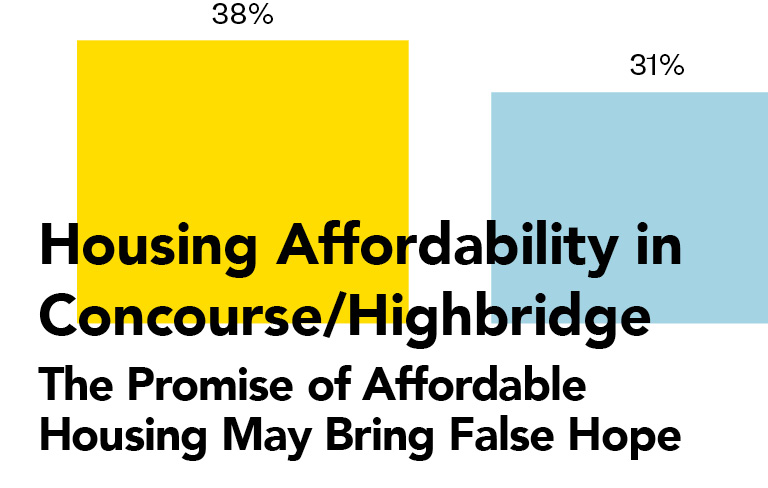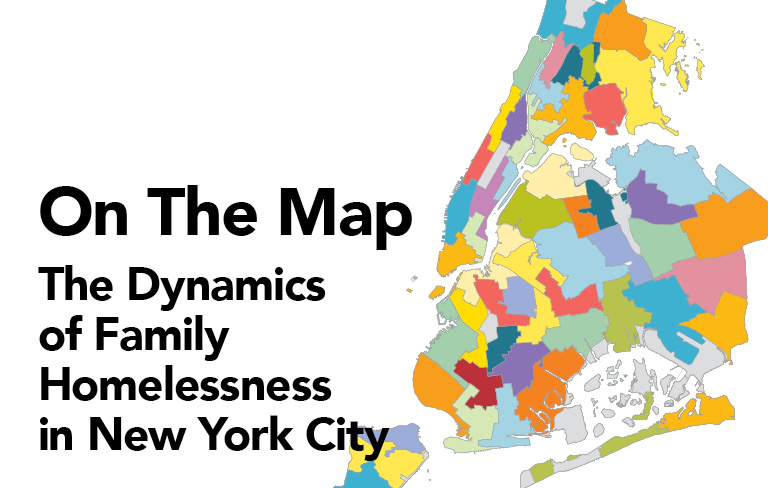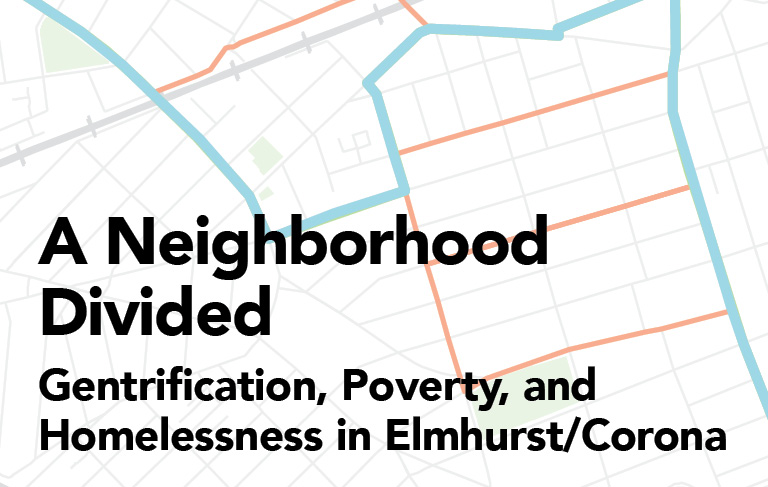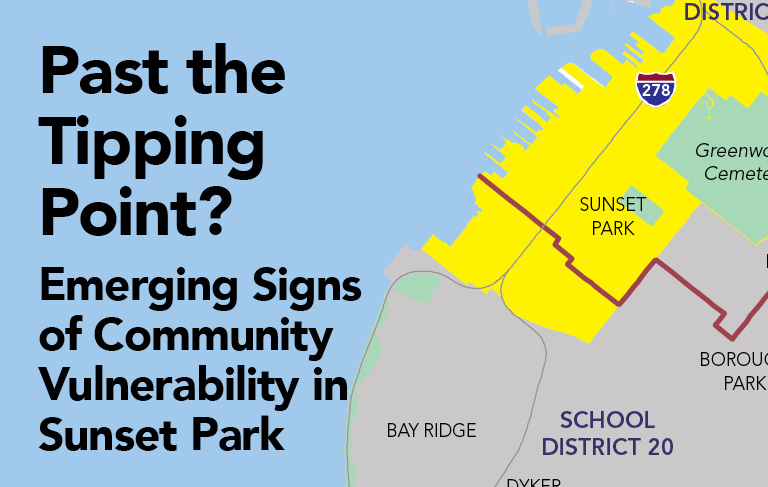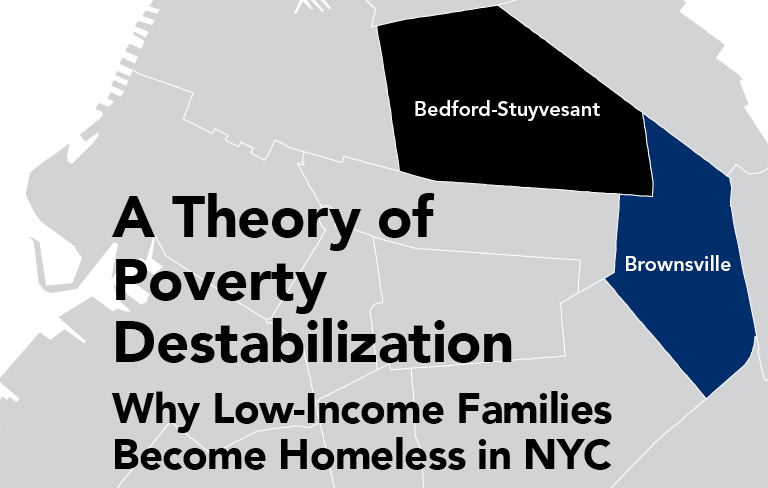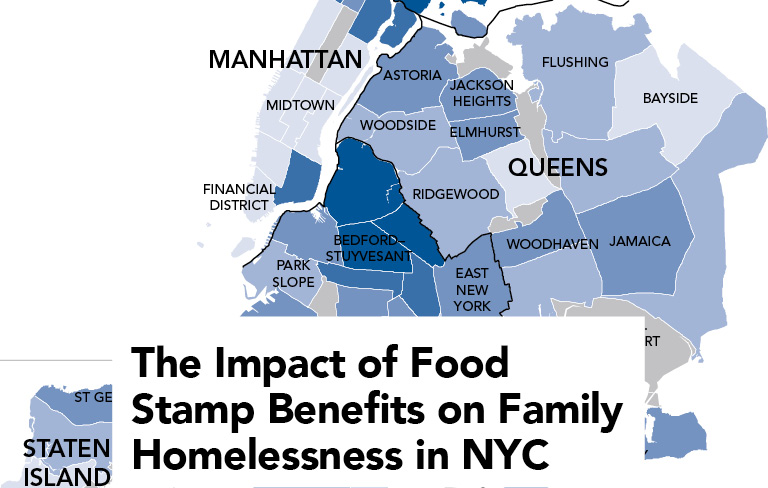This helpful resource examines family homelessness by New York City Community District, analyzing key elements such as shelter entry data and the extent of student homelessness. Each snapshot also details the stability indicators of each community, from the affordability of rental units to unemployment rates.…
On the Map Community Snapshots: Family Homelessness in Your Community
